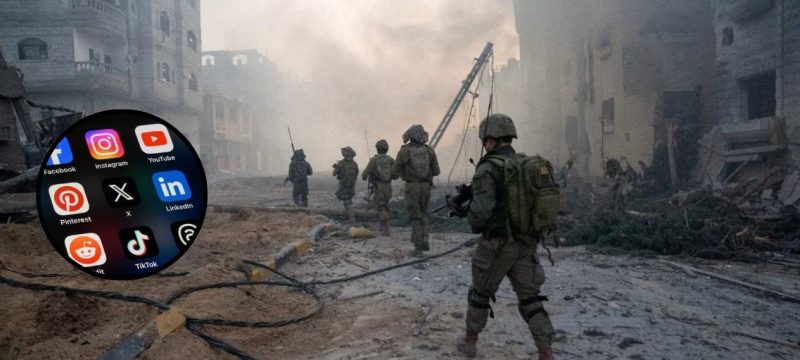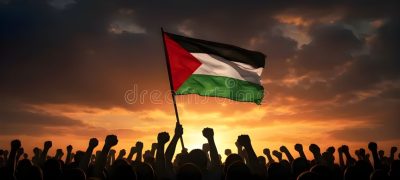The Israel-Gaza conflict has opened another front — not just on the ground, but across global social media platforms. From TikTok to X, digital spaces are flooded with images, videos, and claims, many of which blur the line between fact and misinformation.
As fighting continues, online platforms are being overwhelmed by a flood of propaganda, fake content, and emotional narratives. Analysts warn that this “information war” is shaping international opinion and fueling tensions far beyond the region itself.
Many viral posts claim to show breaking scenes from the Israel-Gaza conflict. However, fact-checkers and researchers have found numerous recycled videos, doctored images, and misleading captions. Clips from video games, old wars, and even natural disasters have circulated as “real” war footage. The speed and reach of these posts often outpace corrections.
The role of platforms has also come under scrutiny. Moderation policies differ across regions, and critics argue that enforcement is inconsistent. Some harmful content is quickly removed, while other posts remain unchecked for days. This uneven approach has left users and governments questioning the reliability of digital platforms.
State and non-state actors are further complicating the landscape. Governments, political groups, and influencers often push coordinated campaigns to promote specific narratives. Some amplify pro-Israel messages, while others highlight pro-Palestinian voices. The result is a polarized information ecosystem that reflects deep divisions.
The consequences of this digital war are significant. Viral misinformation can fuel protests, shape diplomatic reactions, and influence media coverage worldwide. For audiences without strong media literacy, distinguishing truth from falsehood becomes nearly impossible.
Recent studies of online conversations highlight how polarized the discourse has become. Researchers analyzing posts across Telegram, Reddit, and X found fragmented debates, with users often only seeing content that reinforces their pre-existing beliefs. These echo chambers amplify anger, suspicion, and mistrust.
Experts warn that as the physical war rages on, the battle for truth online may prove just as powerful. The Israel-Gaza conflict shows how social media has become a central arena where influence, perception, and legitimacy are fiercely contested.
In other news also read about Israel Detains 450 Activists from Global Sumud Flotilla During Gaza Mission









